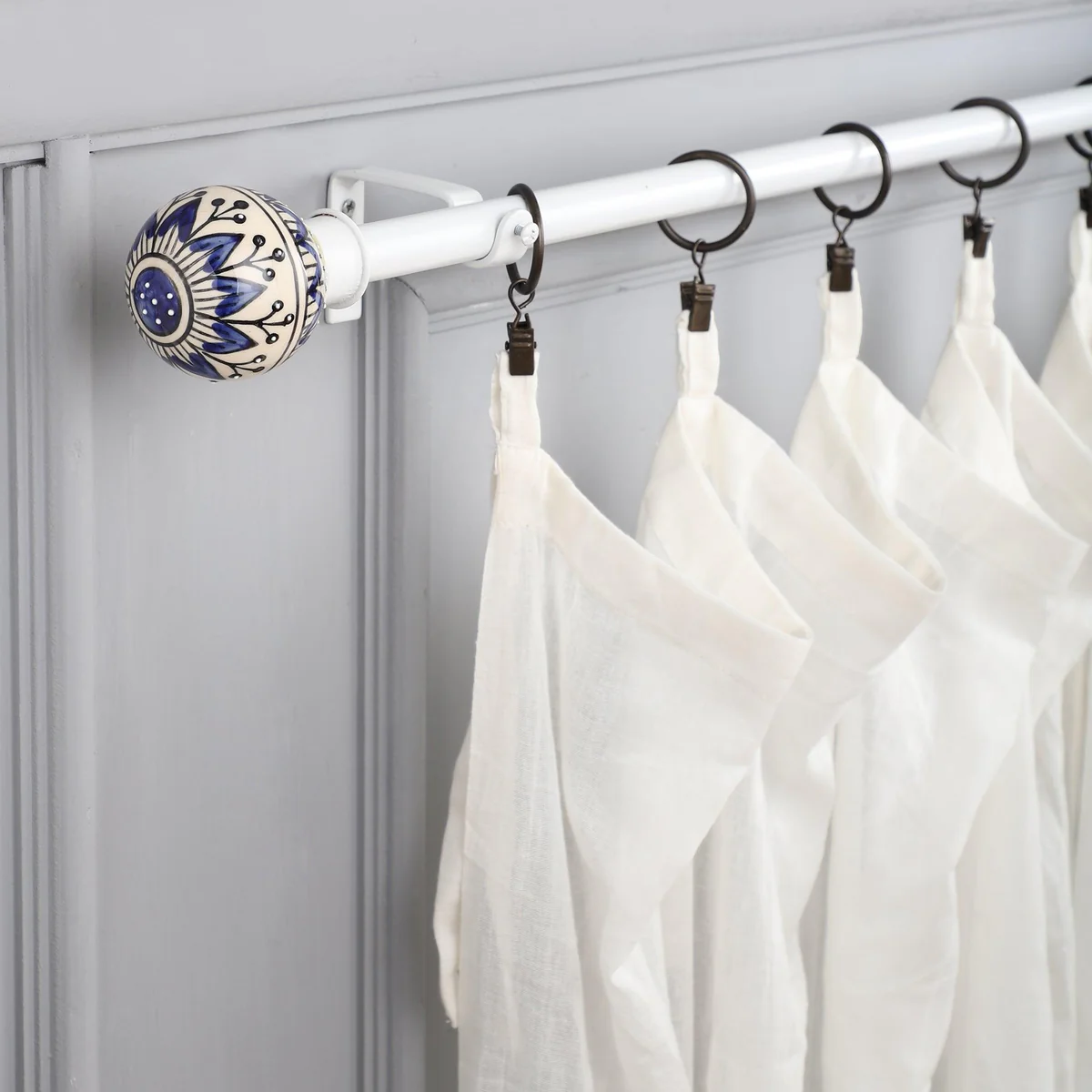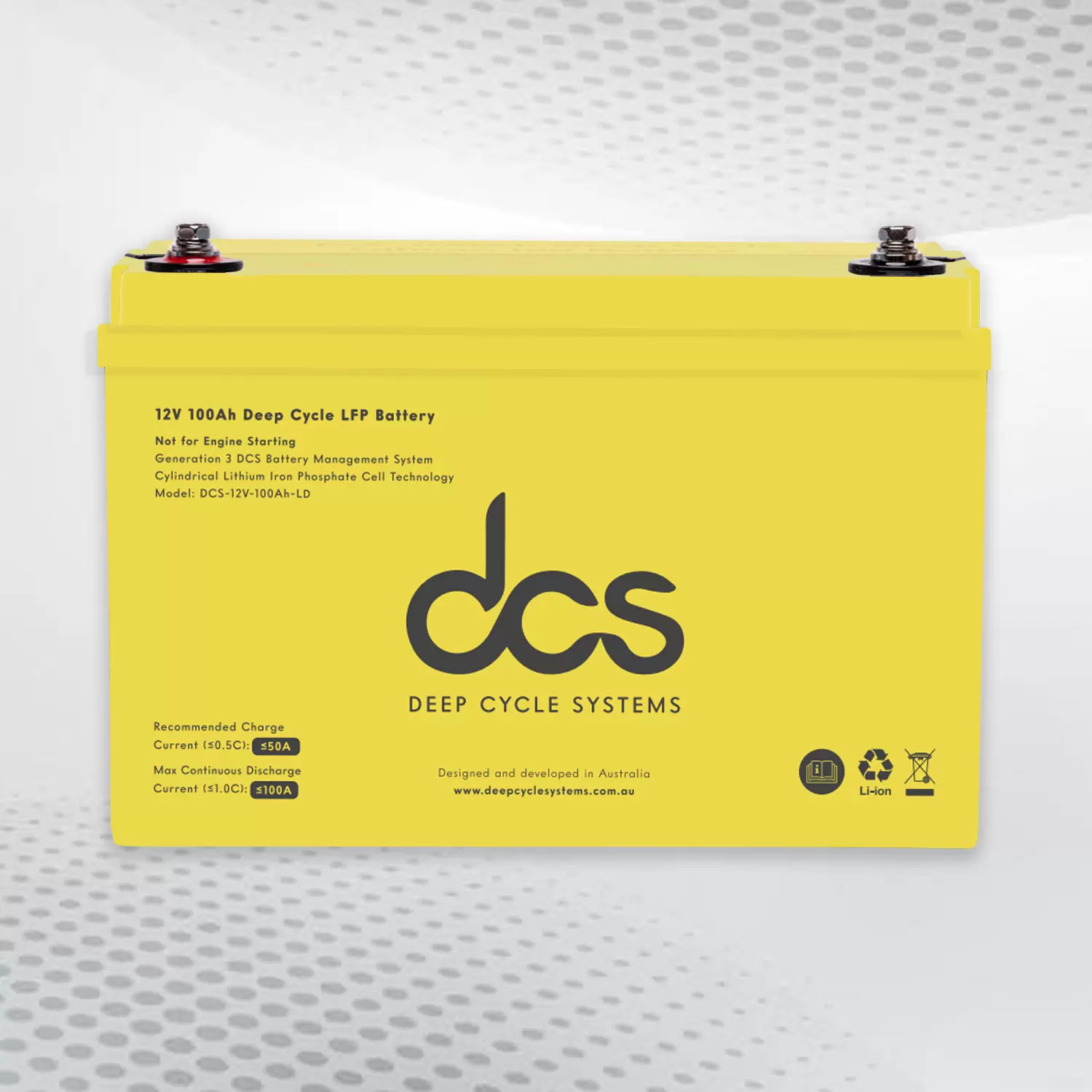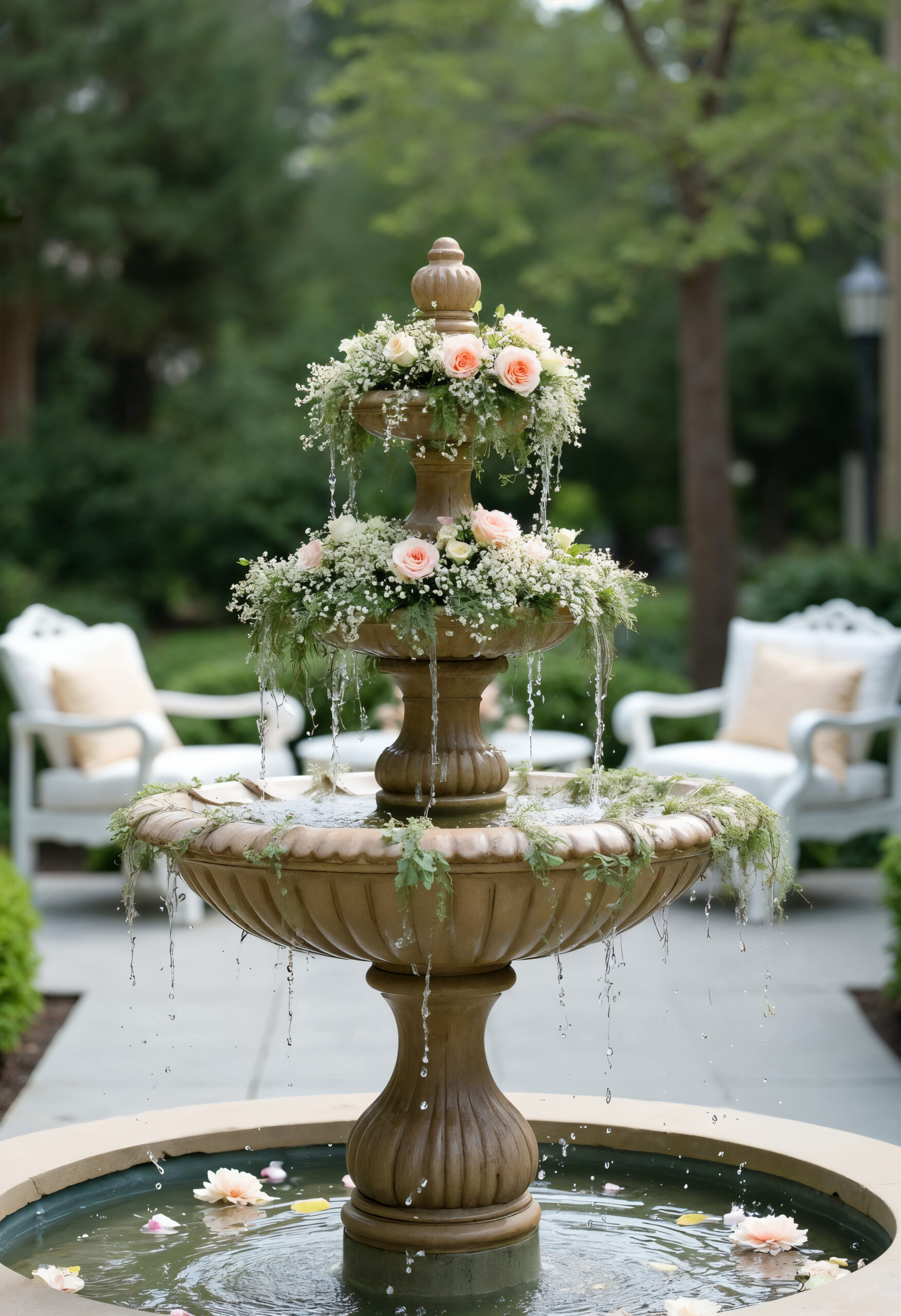When it comes to interior design, the smallest elements often make the biggest difference—and curtain rods are the perfect example. While curtains typically grab all the attention with their patterns and textures, it’s the rods holding them up that complete the picture. The right curtain rod can enhance your window dressing, improve functionality, and elevate your home’s aesthetic.
This in-depth guide explores everything you need to know about curtain rods: types, materials, installation tips, styling ideas, and even smart solutions for modern homes. Let’s dive in.
What Are Curtain Rods?
Curtain rods are horizontal bars used to hang curtains or drapes across a window. They may seem like a minor fixture, but they play a crucial role in how curtains function and appear. Available in a range of styles, lengths, and materials, curtain rods serve both aesthetic and practical purposes.
Why Are Curtain Rods Important?
You could hang the most elegant curtains in the world, but without the right rod, they’ll look out of place. Curtain rods:
-
Support the weight of curtains
-
Help with smooth opening/closing
-
Influence the drape and fall of fabric
-
Complement your room’s décor
-
Enable functional layering (with sheers and blackout curtains)
Types of Curtain Rods
3.1 Standard Rods
The most common type—simple and versatile. These rods are fixed to the wall and work well with grommet, tab-top, or ringed curtains.
3.2 Tension Rods
Perfect for light fabrics and renters, these rods use tension between two walls to stay in place—no drilling needed.
3.3 Double Rods
Allow you to layer two sets of curtains (like sheer and blackout). These rods are great for controlling light and privacy.
3.4 Traverse Rods
These use a pulley mechanism to open and close curtains. Commonly found in hotels, they’re great for heavy drapes and wide windows.
3.5 Ceiling-Mounted Rods
Mounted to the ceiling rather than the wall, ideal for floor-to-ceiling windows or rooms with minimal wall space.
Materials Used for Curtain Rods
The material affects not just the strength of the rod, but also its appearance:
-
Stainless Steel – Modern, sleek, and rust-resistant
-
Aluminum – Lightweight and affordable
-
Wood – Traditional and warm; ideal for classic interiors
-
Brass – Elegant and luxurious, often found in high-end homes
-
Wrought Iron – Strong and decorative, perfect for heavy curtains
Finials and Mounting Hardware
Finials are the decorative ends of a curtain rod—they’re like jewelry for your windows. Common styles include:
-
Ball
-
Scroll
-
Leaf
-
Faceted crystal
-
Geometric shapes
Mounting hardware (brackets, screws, wall anchors) should match the rod in color and style, providing both support and aesthetic cohesion.
Choosing the Right Curtain Rod for Your Space
Ask yourself:
-
What’s the weight of my curtain fabric?
-
What’s the style of the room—modern, rustic, minimalist?
-
Do I need functionality (blackout, sheers) or just decoration?
-
Am I installing the rod into drywall, concrete, or wood?
Curtain Rod Sizes and Measurements
Always measure width of your window and add 10–20 inches (5–10 inches on each side) so curtains can stack back fully when open. Rod diameter ranges from 1 to 3 inches; the thicker the rod, the better it is for heavy curtains.
Curtain Rod Styles for Different Rooms
8.1 Living Room
Use decorative rods with bold finials. Choose double rods to layer sheer and blackout for light control.
8.2 Bedroom
Privacy is key. Use strong rods for blackout curtains. Match rods to furniture hardware for a cohesive look.
8.3 Kitchen
Keep it simple and functional—opt for tension rods or short rods for café curtains.
8.4 Office
Minimalist rods in matte finishes or ceiling-mounted tracks look clean and professional.
Curtain Rods for Special Window Types
9.1 Bay Windows
Use flexible rods or bay window kits that include corner connectors.
9.2 Arched Windows
Mount a rod straight across or choose custom-curved rods to match the window’s shape.
9.3 Corner Windows
Use elbow joints or swivel sockets to connect rods at 90-degree angles.
Curtain Rod Installation Tips
-
Use a level to ensure straight alignment.
-
Install brackets into studs if possible.
-
Choose anchors suited for your wall type (drywall, plaster, concrete).
-
Mount rods at least 4–6 inches above the window frame for a taller room effect.
Common Mistakes to Avoid
-
Using weak rods for heavy curtains
-
Incorrect measurements leading to poor fit
-
Misaligned brackets
-
Not considering curtain type (grommet vs tab-top vs pleated)
-
Overlooking rod length when curtains are pulled open
Trendy Curtain Rod Designs
Trends today lean towards:
-
Minimalism – Slim black or chrome rods
-
Mixed Metals – Brass rods with matte black brackets
-
Rustic Chic – Reclaimed wood or iron rods
-
Smart Functionality – Motorised rods or rods with built-in LED lighting
Motorised and Smart Curtain Rods
Automated curtain rods are gaining popularity, especially in high-tech homes. They integrate with smart systems like Alexa, Google Home, or Apple HomeKit. Benefits include:
-
Convenience
-
Energy efficiency
-
Enhanced privacy
-
Remote control via apps or voice
Though more expensive, they offer a touch of modern luxury.
Curtain Rods Maintenance Tips
-
Dust rods and finials regularly.
-
Tighten brackets occasionally to avoid sagging.
-
Use silicone spray on traverse rods or curtain rings to keep things sliding smoothly.
-
Avoid water contact on metal rods to prevent rust (unless rust-resistant).
Where to Buy Curtain Rods Online and Offline
-
Online: Amazon, IKEA, Wayfair, Noon, Home Centre
-
Offline: ACE Hardware, Danube Home, IKEA stores, local curtain boutiques, and interior design showrooms
Custom options are also widely available, especially for unique window sizes or luxury designs.
Conclusion
Curtain rods may not steal the spotlight, but they’re the silent style-makers in your home. Whether you’re outfitting a sleek Dubai apartment or a cozy countryside cottage, the right rod can transform your space from average to outstanding. Take time to pick the perfect rod that balances function and flair—because your curtains deserve more than a basic stick to hang on.




